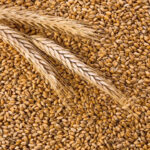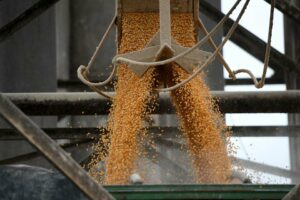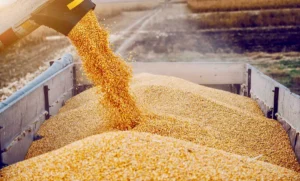Grain blockade: causes and consequences of the ban on imports from Ukraine
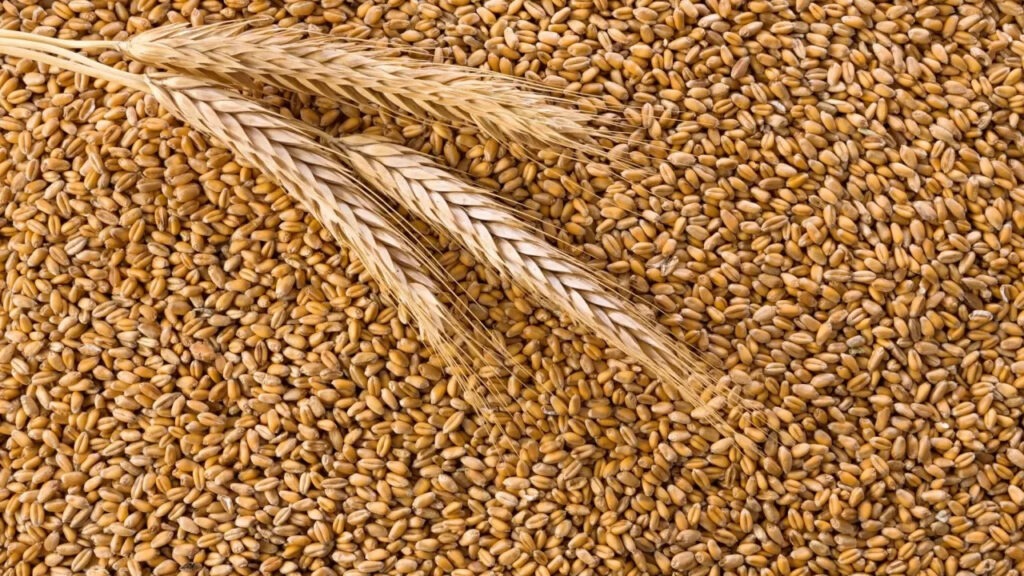
Four EU countries have already introduced a temporary ban on the import of grain from Ukraine. In fact, it is also about the transit of agricultural products. Negotiations are ongoing, the situation is worsening due to the peak of sowing, the blockade of vessel inspections in the Bosphorus and the uncertainty of the future of the agricultural market.
Currently, the conditions of trade on the market of agricultural products in Ukraine are worse than they were before the full-scale invasion of russian federation. Such an opinion regarding the consequences of the grain import ban was expressed by the general director of the Ukrainian Agrarian Business Club (UKAB) Roman Slastyon during a briefing at the Ukraine Media Center.
What started it all?
After the start of a full-scale war, Ukraine could not export grain by sea. This forced agricultural market participants to transport grain in large batches overland to the EU. Since Ukrainian grain is cheaper than grain grown in the EU, the increase in its import affected European farmers – they began to protest.
In March 2023, Ukraine received a letter from the governments of Poland, Romania, Hungary and Slovakia regarding the need to introduce certain measures that will partially limit the import of agricultural products from Ukraine. The letter also talked about compensation for losses to the farmers of these countries from the point of view of solidarity.
In early April 2023, Poland announced a temporary suspension of grain imports from Ukraine to limit the impact on prices.
Already on April 13, the Ministry of Agriculture of Slovakia banned the processing of grain imported from Ukraine, as well as its sale on the domestic market. The decision was made after pesticides “which are not allowed in the EU and have a negative impact on human health” were allegedly found in a batch of Ukrainian wheat in Slovakia.
Also, on April 16, Hungary introduced a ban on the import of Ukrainian grain, oil crops and other agricultural products until June 30. This position was argued by the lack of significant measures to support local producers from the EU.
This Wednesday, April 19, Bulgaria imposed a temporary ban on the import of food from Ukraine, with the exception of transit goods. The main reason was that in 2022, contrary to the concept of the so-called solidarity corridors, significant amounts of food remained in the country.
“If this trend continues and even worsens, it may end up with extremely difficult consequences for Bulgarian business,” emphasized the head of the interim government of Bulgaria, Gilib Donev.
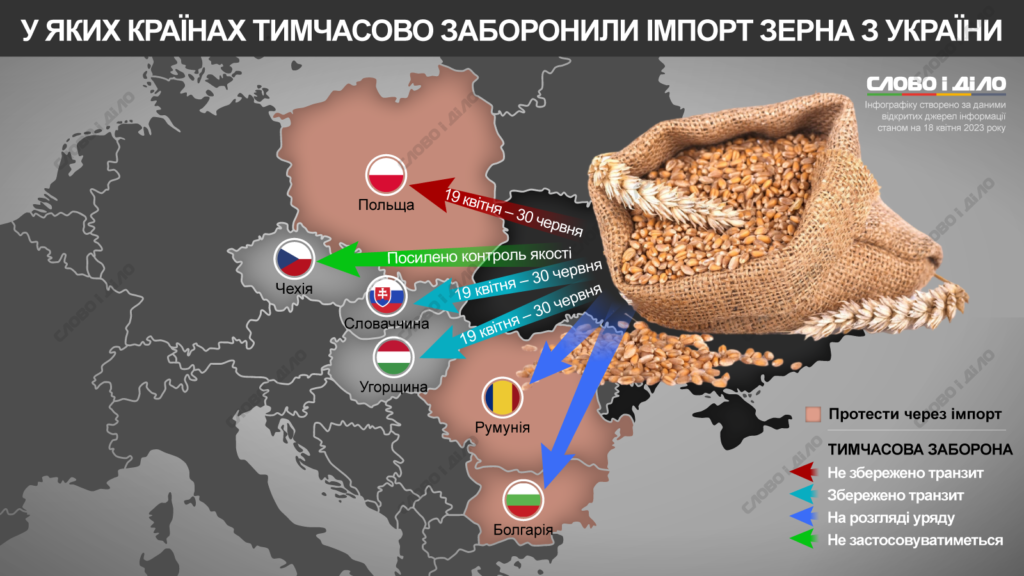
Source: Slovo i dilo
Ukraine’s reaction and the current situation
General Director of Ukrainian Agribusiness Club Roman Slastyon said that the ban on imports by the Polish government and the de facto blocking of the transit of agricultural products from Ukraine were a shock.
“We are talking about fodder, meal and other products. There were certain nuances, Polish farmers’ dissatisfaction with the movement of Ukrainian grain, they saw all that volume, but in the left part it goes to other countries in Europe, Asia and Africa. Emotionally, a trigger was triggered somewhere, and as a result, we saw a somewhat irrational decision on the part of the Polish government,” comments Roman Slastyon.
Currently, UCAB is monitoring the chain reaction in other countries. In particular, Hungary and Slovakia have taken similar measures to ban a large list of agricultural products for import. Negotiations are still ongoing regarding transit.
“Romania has not banned either import or transit at the moment. They have some internal discussions. Nevertheless, there are somewhat fewer fears. Such decisions contradict European legislation, since the EU market functions as one common agricultural market. Crossing the Polish border means crossing the Polish border with the entire European Union. Therefore, such decisions are definitely not made at the level of the governments of certain countries, they belong exclusively to the European Commission, to which our government officials and we appealed,” explained the general director of UCAB.
The general director of UCAB emphasizes that the blockade of transit is too harsh a measure.
“The import blockade, even if it is temporary, as stated now until June 30, is also too harsh a step and mechanism. It should also be revised in the near future, because de facto we now have worse trading conditions than they were even before the full-scale invasion,” noted Roman Slastyon.
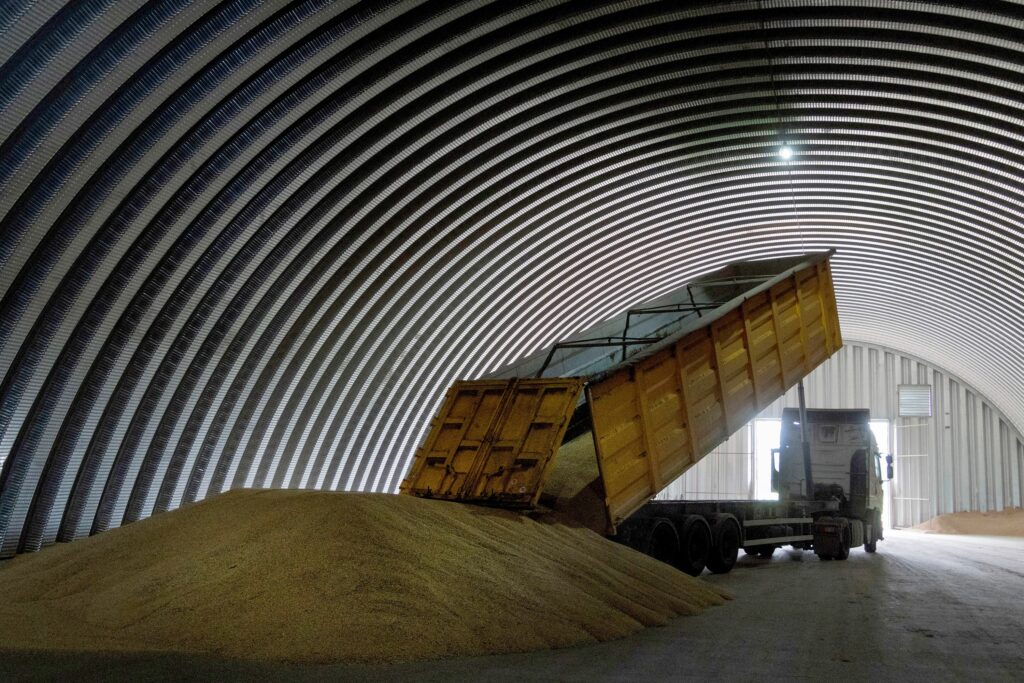
Ways of solution and losses
Negotiations between Ukraine and Poland have been ongoing since April 16. Currently, it is known that agreements have been reached regarding the resumption of transit, which should resume from Thursday, April 19, to Friday, April 20.
“There are a number of technical points to ensure that it will actually be a transit, and not a transit that may settle in Poland. This mechanism can be provided through GPS tracking, possible escort of cars or wagons by the Polish government,” Roman Slastyon explained.
In turn, the President of the European Commission, Ursula von der Leyen, presented three proposals for responding to the situation:
• Support for farmers who were negatively affected by imports from Ukraine. The European Commission has already allocated 56 million euros to countries, and has prepared a second aid package of 100 million euros.
• The European Commission will apply preventive measures in accordance with current trade rules that apply to certain categories of agricultural products, including wheat, corn, rape and sunflower.
• The European Commission will conduct an investigation into the import of other categories of goods from Ukraine.
The main buyers of Ukrainian grain and oil crops are the countries of Southern Europe (Spain, Italy), but at the same time, the countries of Northern and Eastern Europe also imported a large amount. For its part, Ukraine also purchased many products from Poland, which created both competition and satisfied consumer needs.
UCAB also notes that there are losses, but they have not been calculated yet, as the situation is still uncertain and ambiguous. Some sellers are waiting for the next steps of governments and possible transit.
We are also talking about simple products.
“If the producers have already passed the Ukrainian customs, but have not crossed the border of Poland, accordingly, such products are returned. This counts as an import into Ukraine with the need to pay VAT and other taxes, so it’s actually quite a significant problem. The losses will be great, but the bigger problem is that this is happening at the peak of the spring campaign. Farmers now again do not understand whether they should sow, what crops they should be, and whether this product will be needed, whether it will be possible to export it,” Roman Slastyon emphasized.
At the same time, there are problems in the work of the “grain corridor”, the blockade of vessel inspections by the Russian side of the SCC in the Bosphorus. Regarding this situation, negotiations are also ongoing in Turkey. We are talking about the format of inspections of at least 2-3 vessels per day, although this does not correspond to the capabilities and needs of the ports of Ukraine.
Read also: Ukraine and Turkey agreed to resume ship inspections.
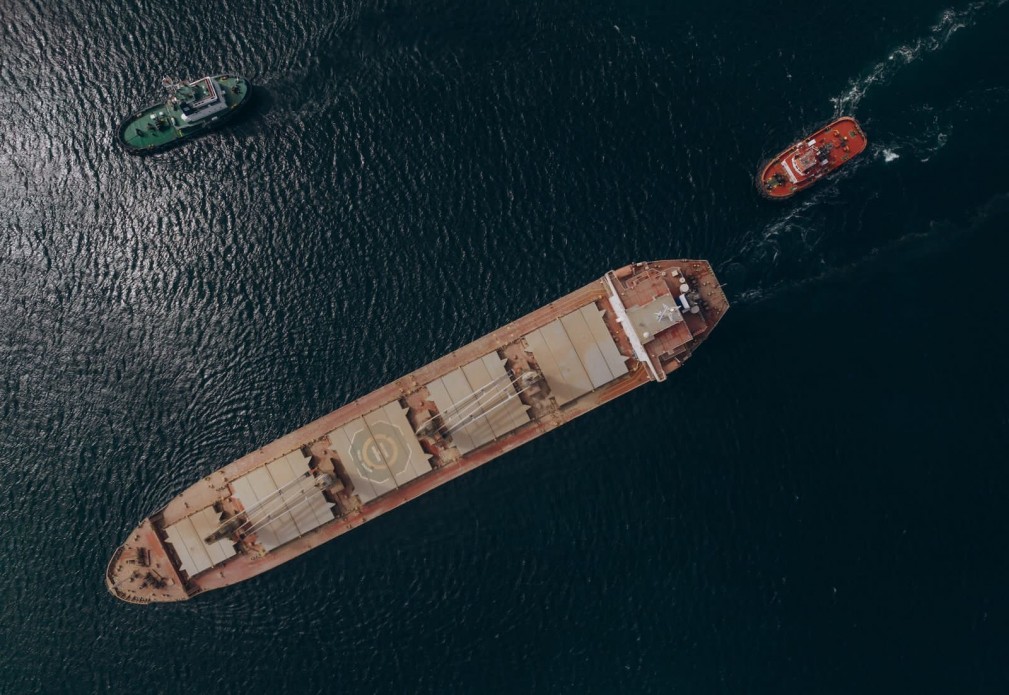
The future and prospects
In conditions of absolute uncertainty, there are fears that Ukrainian farmers will refuse to sow. Last year there was already a situation where many farmers lost money, so this year it could be an even bigger blow for them.
Experts also believe that russian propaganda could have played a role in this situation, adding fuel to the fire. This is indicated by the coincidence of the blockade of Ukrainian grain from two sides at once – both by sea and by land.
The terms of resolving the situation also remain unclear. In turn, UCAB emphasizes that while the negotiations are ongoing, it is too early to draw final conclusions. These are always quite complex and diplomatic processes. In particular, the situation is currently being considered by the European Commission, with which Ukraine, like the European Union, has obligations regarding free mutual access to markets.
Oleksandra Kovtutska.
